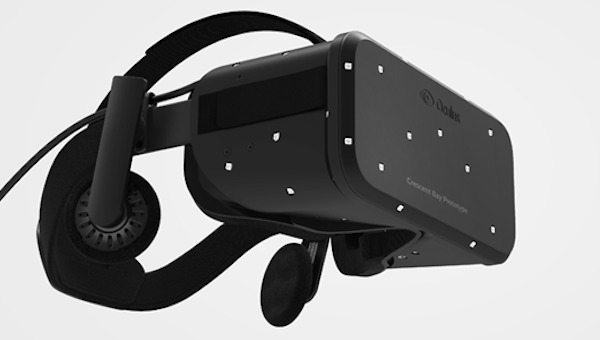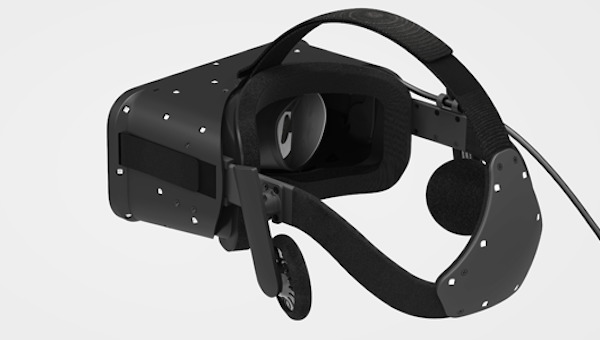Oculus Crescent Bay Revealed: 360 Tracking & 3D Sound
Oculus VR has revealed a new virtual reality prototype, Crescent Bay, promising greater precision in motion tracking, more immersive sound, and another step closer to the consumer version. Oculus Crescent Bay, launched at the Oculus Connect conference, has the sort of all-round improvements that "allow for a level of presence that's impossible to achieve with DK2," CEO Brendan Iribe claims, referring to the previous DK2 prototype announced back in March.
Crescent Bay won't be launching as-is; instead, it's a way for Oculus to demonstrate the ongoing work it's doing in improving how immersive its VR tech is. That's similar to how the Crystal Cove prototype went on to shape the DK2.

Hardware specifications are in short supply at this stage, though according to Iribe the headset has new displays and expanded positional tracking volume. Audio is integrated this time around, said to be "high-quality" by Oculus, and the weight has been cut along with ergonomics improved.
Perhaps most important, however, is the addition of 360-degree head tracking. Oculus uses LEDs embedded in the fascia of the headset to allow a camera watching the wearer to figure where they're facing.
In Crescent Bay, the LEDs run all the way around the back of the headset, meaning that even if you're facing away from the camera completely, it still should be able to track you.

Meanwhile, Oculus has inked a deal with Unity that will see both the free and paid versions get a dedicated add-on to support the headset. That will include stereo imaging optimizations, Oculus says, along with 3D audio support and "other features specifically for virtual reality."
The 3D audio will use RealSpace3D technology, for more immersive sound that uses HRTF spatialization and integrated reverberation algorithms to better model the acoustics and other factors of different rooms and environments.
Last week, NVIDIA demonstrated how Oculus could be used with Unreal Engine 4, showing off the new NVIDIA VR Direct technology. In the meantime, Oculus continues to work with Samsung on the Gear VR, the 3D headset attachment for the Galaxy Note 4.
SOURCE Oculus VR
